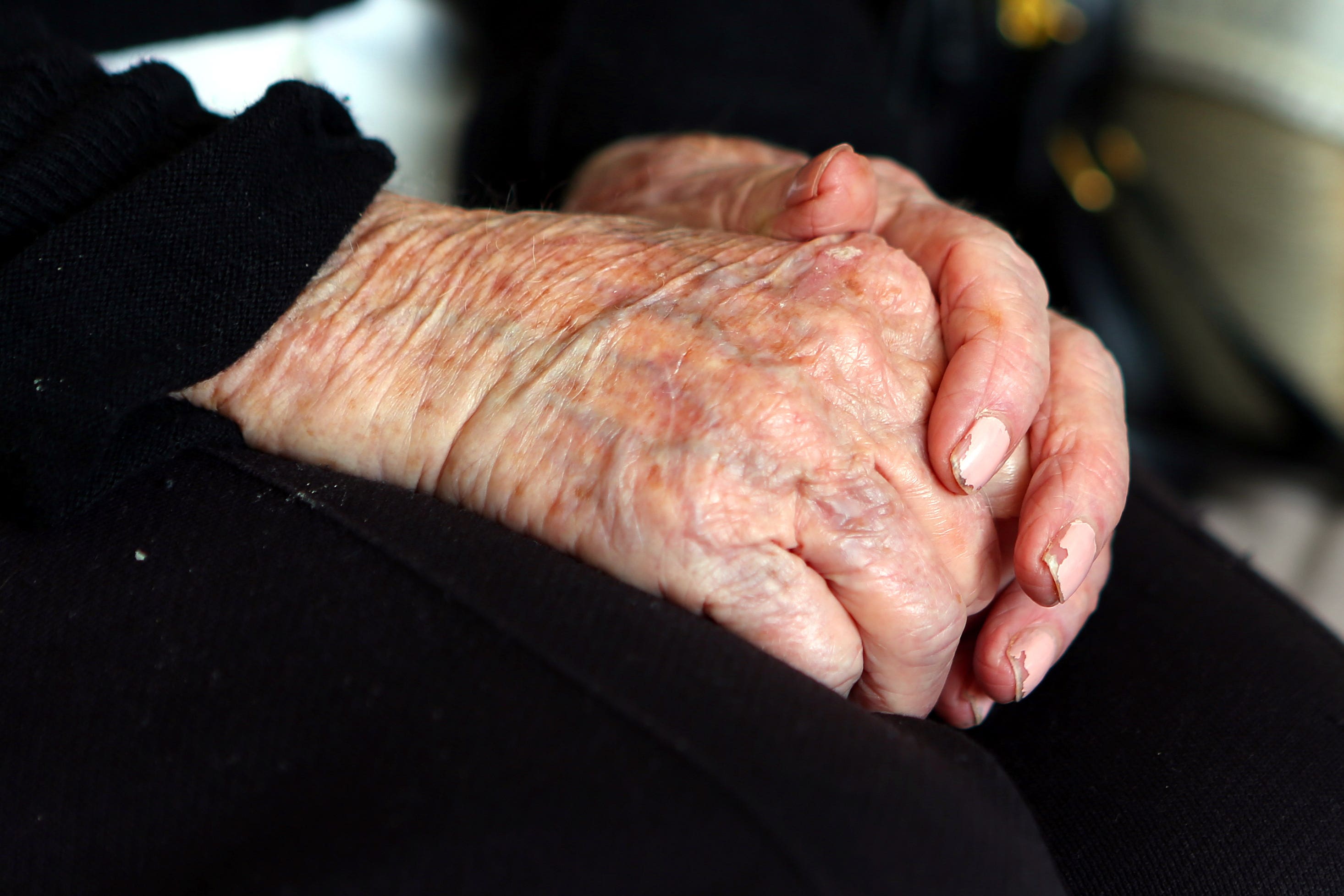Urgent action needed to combat impact of climate change on healthy ageing: study
Researchers are calling for climate resilient age-friendly cities.

Your support helps us to tell the story
From reproductive rights to climate change to Big Tech, The Independent is on the ground when the story is developing. Whether it's investigating the financials of Elon Musk's pro-Trump PAC or producing our latest documentary, 'The A Word', which shines a light on the American women fighting for reproductive rights, we know how important it is to parse out the facts from the messaging.
At such a critical moment in US history, we need reporters on the ground. Your donation allows us to keep sending journalists to speak to both sides of the story.
The Independent is trusted by Americans across the entire political spectrum. And unlike many other quality news outlets, we choose not to lock Americans out of our reporting and analysis with paywalls. We believe quality journalism should be available to everyone, paid for by those who can afford it.
Your support makes all the difference.There is a critical need for interventions in urban environments to reduce the negative impact of extreme weather on the health and wellbeing of older people, a new study has found.
Researchers said that climate change and the increase in extreme weather events pose a “significant challenge” to the health and wellbeing of older people and warned there is now a pressing public health problem.
In their report, titled Healthy Ageing in a Changing Climate, researchers identify a need for “actionable” interventions to better support the delivery of inclusive, climate resilient age-friendly cities and communities.
They propose measures such as building climate resilient housing and designing “climate resilience” into outdoor spaces such as through shaded bus stops, tree lined streets and resting points.
Failing to act now risks further negative impacts on older people including increased mortality
Other ideas include building “shelter domes” to protect older people from extreme weather in “climate hotspots” while still enabling them to socialise.
The research was carried out by academics from the Urban Institute at Heriot-Watt University in Edinburgh, together with the Stockholm Environment Institute at the University of York.
Professor Ryan Woolrych, director of the Urban Institute at Heriot-Watt University – who led the research, said: “Climate change is having a profound impact on our ageing population who are often the most at risk from extreme weather.
“We urgently need to think creatively about how we develop interventions that can support older people before, during and after extreme weather events.
“Failing to act now risks further negative impacts on older people including increased mortality.”
The UK is home to more than 11 million people aged 65 and over, constituting almost 19% of the overall population.
This demographic is expected to grow to 13 million people by 2030, accounting for 22% of the population.
The study highlighted that at the same time, climate change is increasing the severity and frequency of extreme weather events.
The researchers gathered the opinions of more than 140 older adults, policymakers, and practitioners, across England, Northern Ireland, Scotland, and Wales in 2022/23.
They explored the factors that contribute to the resilience of older people to climate change, including heatwaves, flooding and storms.
The study makes a number or recommendations for action including empowering older people towards climate action.
It also recommends recognising climate change as an immediate public health issue and measures such as integrating health and wellbeing outreach services within existing community hubs to support those affected by extreme weather.
The study outlines ways that climate change can have direct and indirect effects on the health and wellbeing of older adults.
Higher temperatures caused by heatwaves can bring excess mortality, with older people having a reduced ability to regulate body temperature.
And storm damage and transport disruption due to extreme weather can reduce mobility, social interaction and access to essential services, with a negative impact on older people’s wellbeing.
Dr Gary Haq, a senior researcher from the Stockholm Environment Institute at the University of York, collaborated on the project.
He said: “Our society is getting older, and this brings particular health needs.
“It’s crucial to understand that more frequent and severe extreme weather events will harm the health and wellbeing of older individuals, especially those in vulnerable areas or lacking adequate financial resources and support systems to cope with or reduce the impact of such extreme weather.
“Our research has found that we need to take a more holistic approach if we are to meet the needs of an ageing population in a changing climate, and protect their quality of life.”
The research has been funded by UK Research and Innovation.